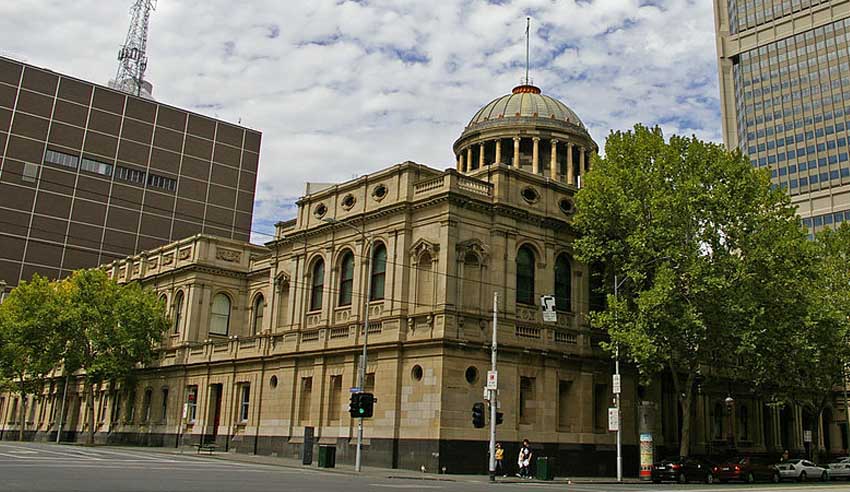A Supreme Court judge has found the Melbourne Magistrates’ Court was incorrect to grant bail to a man based on little evidence that COVID-19 would delay his hearing.

A man known to the court as Anthony was arrested and charged in April 2020 as part of Operation Lully, an Australian Federal Police investigation into the importation of methamphetamine from Mexico. Despite there being little evidence of a “three, four or five years” delay in his hearing, the Magistrates’ Court judge granted the man bail on a surety of $1,000,000.
“Her honour stated that the matter would not come before the court for ‘three, four or five years’. There was no material before her honour which justified such a view. It is difficult to understand upon what she based her findings,” the Honourable Andrew Tinny said.
The CDPP argued that the magistrate judge erred in granting bail as she failed to account for the nature and seriousness of the case, the strength of the prosecution’s case, all prior criminal history and that the man was already out on bail for another offence.
Despite the magistrate judge admitting she has “very little confidence” that the man would comply with his bail conditions, she found despite evidence that there was an exceptional circumstance due to a delay imposed by the “pandemic, lockdowns, quarantine”.
However, Mr Tinny found it was not reasonably open for her honour to be satisfied on all exceptional circumstances relating to COVID-19 in justification of the grant of bail, and it was not reasonably open for her to fail to find an unacceptable risk asserted by the CDPP.
“There was nothing said to indicate there would be any particular delay in proceedings, aside from the fact that it was known by everyone that some delays could be expected due to the implications of COVID-19, and due to the need to unite this prosecution with those of the co-accused,” Mr Tinny wrote in Supreme Court documents.
